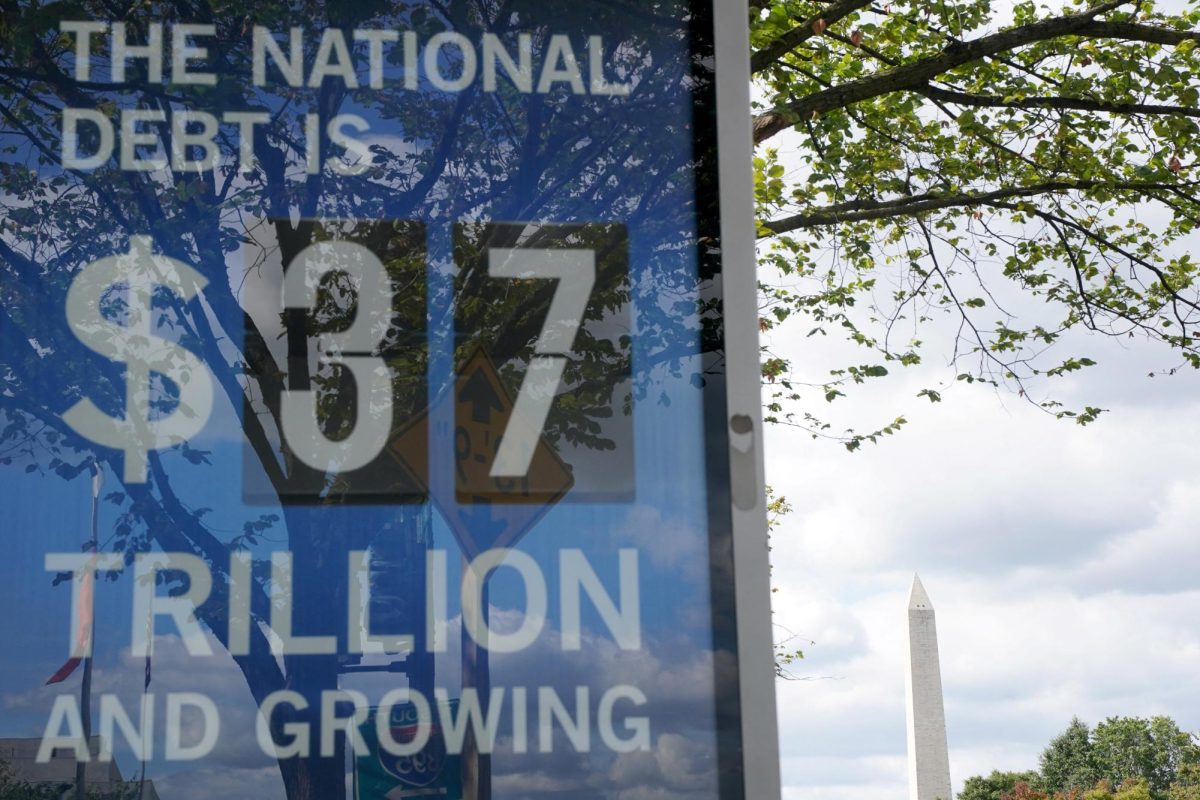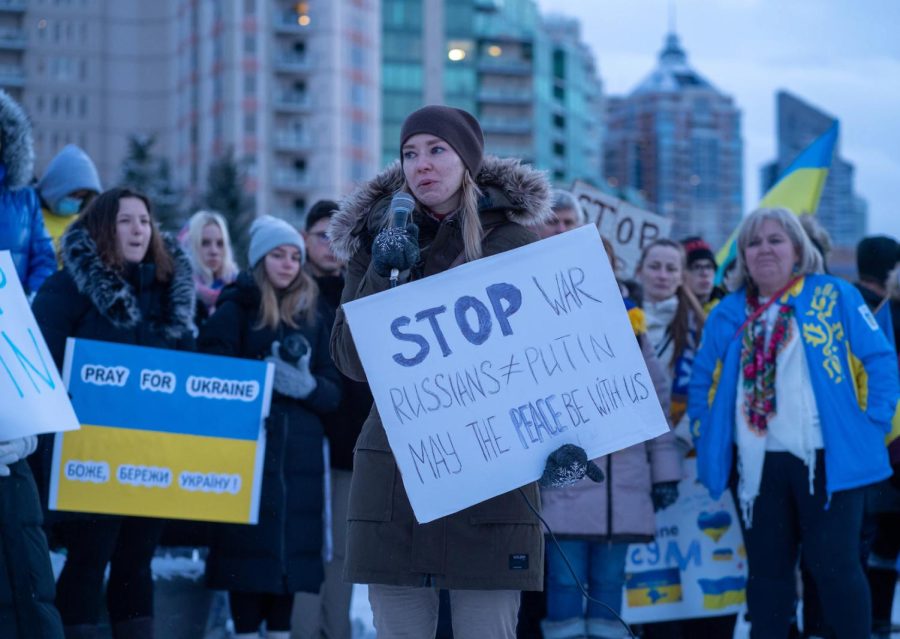How the Russian-Ukraine Conflict Affects Future Tensions
This war is a case study by itself. No matter the end result, this conflict sets the stage for the future of war.
One of the rumored causes for this war is that Vladimir Putin is dying and wants to preserve his legacy as many Russian tsars have the title “the great.” By invading Ukraine, Putin is testing the waters and seeing what Russia can get away with.
During the Cold War, the USSR held control of many eastern European countries, including Ukraine. Although Russia is flexing its power, its justification of Ukraine has a lot of standing. Ukraine was controlled by the Soviet Union, their logic makes sense-even if it is immoral.
Even if there is some sort of compromise, the damage is already done. This war is the catalyst in shaping future civil confrontations between super power countries, such as Russia and the United States, and organizations, such as NATO and the EU.
The future of this conflict will likely result in the radicalization of Russia’s relationship with China. Another consequence of this new found power hungry mentality Russia finds itself in the potential exploitation of economic and political tensions in Asia, Africa, and Latin America in order to win military influence. An example of this is the tensions between China and Taiwan.
If the conflict with Russia and Ukraine ends with Russia in favor, they set the stage for many more sovereign conflicts, including the China-Taiwan and Israel-Palestine conflicts. This war represents more than just tensions between Russia and Ukraine, it represents the increasing tension between world powers.

Whenever there is a big new story, whether on campus or off, you’ll find Neve Walker at the heart of it. Neve is a senior at Cathedral, and in her second...





















































